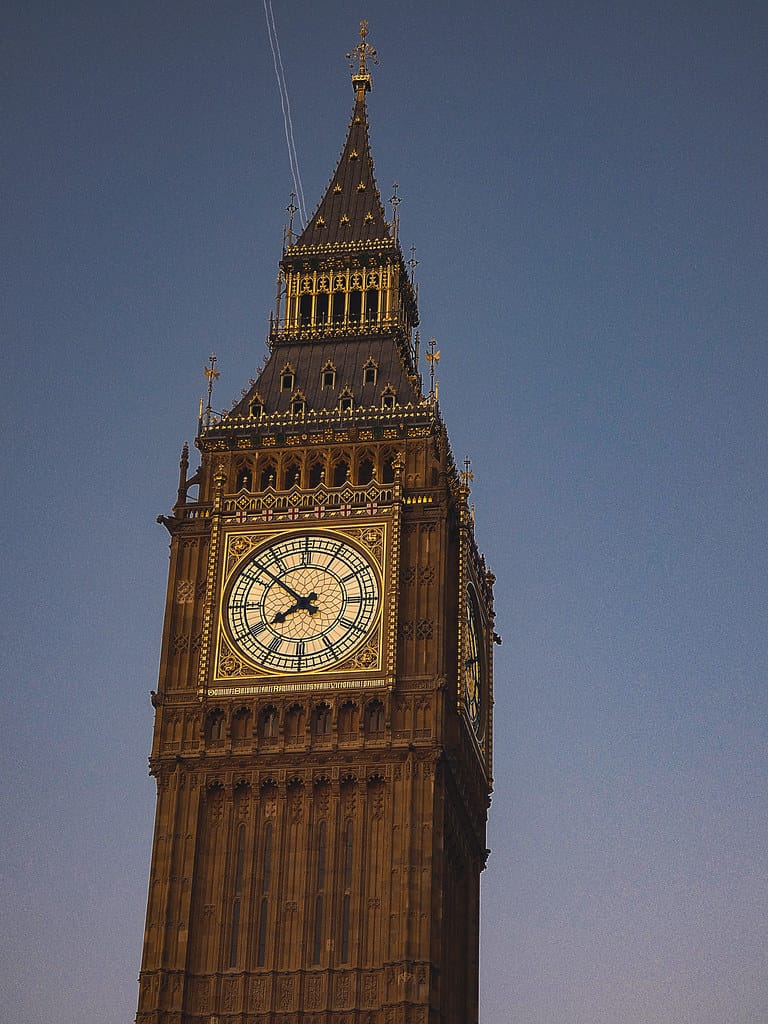UK Government Pushed for Unprecedented Access to Apple Customer Data, Court Documents Reveal
A bombshell court filing has exposed the UK government's aggressive pursuit of sweeping access to Apple customers' personal data, raising serious questions about digital privacy rights and the limits of state surveillance powers. The revelations come at a time when tech companies and governments worldwide are locked in an escalating battle over data access and user privacy protections.
The Scope of the Government's Request
According to recently unsealed court documents, UK authorities sought what legal experts describe as "extraordinarily broad" access to Apple's customer databases. The filing suggests that government agencies requested not just targeted access to specific individuals under investigation, but rather sought systematic access to user data across Apple's ecosystem of services.
The request reportedly encompassed multiple categories of personal information, including:
- iCloud backup data and stored files
- Location tracking information from Apple devices
- Communication metadata from iMessage and FaceTime
- App usage patterns and download histories
- Financial transaction data from Apple Pay services
This represents one of the most comprehensive data access requests ever documented between a Western government and a major technology company.
Apple's Response and Legal Pushback
Apple has consistently positioned itself as a champion of user privacy, famously refusing to create a "backdoor" for the FBI to access an iPhone used by the San Bernardino shooter in 2016. The company's response to the UK government's broad data request appears to follow this established pattern of resistance.
Court filings indicate that Apple challenged the request on multiple grounds, arguing that such expansive access would:
- Violate user privacy expectations and trust
- Set a dangerous precedent for government overreach
- Potentially expose innocent users' data to unnecessary scrutiny
- Undermine the security architecture that protects all users
The company's legal team reportedly characterized the government's request as a "fishing expedition" that would grant authorities access to millions of users' personal information without sufficient justification or oversight.
Broader Implications for Digital Privacy
This case highlights the ongoing tension between national security concerns and individual privacy rights in the digital age. Privacy advocates warn that granting such broad access could establish a template for authoritarian governments worldwide to demand similar capabilities from technology companies.
The Electronic Frontier Foundation noted that "when democratic governments push the boundaries of surveillance powers, they provide cover for authoritarian regimes to justify their own digital spying programs."
International Context and Comparisons
The UK's approach contrasts sharply with recent developments in other jurisdictions. The European Union's General Data Protection Regulation (GDPR) has established some of the world's strongest privacy protections, while several US states have implemented comprehensive privacy laws that limit government data collection.
However, the UK's departure from the EU has created a regulatory environment where such expansive data requests might face fewer legal obstacles than in other Western democracies.
Technology Industry Response
The broader technology industry has watched this case closely, as its outcome could influence how governments worldwide approach data requests. Other major tech companies, including Google, Microsoft, and Meta, have filed amicus briefs supporting Apple's position, recognizing that a precedent favoring the government could affect their own operations.
Industry analysts suggest that adverse rulings could force companies to restructure their data storage and processing operations to minimize exposure to broad government requests.
Looking Forward: Balancing Security and Privacy
As this legal battle continues, it underscores the urgent need for clear legislative frameworks that balance legitimate law enforcement needs with fundamental privacy rights. The current patchwork of regulations leaves too much room for interpretation and potential overreach.
The case serves as a crucial test of whether existing legal protections are sufficient to prevent government surveillance overreach in the digital age. Its resolution will likely influence privacy policies, corporate data handling practices, and government surveillance capabilities for years to come.
Key Takeaways
The UK government's pursuit of broad Apple customer data access represents a watershed moment for digital privacy rights. While the full outcome remains pending, this case has already highlighted the fragility of user privacy protections and the ongoing struggle between state security interests and individual rights.
For consumers, this serves as a reminder that even the most privacy-focused companies face enormous pressure from government authorities. The ultimate resolution of this case will significantly impact the future landscape of digital privacy and government surveillance capabilities worldwide.

